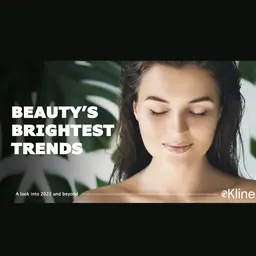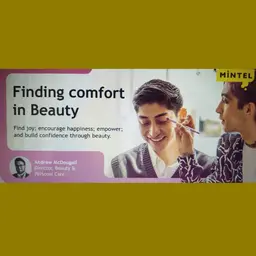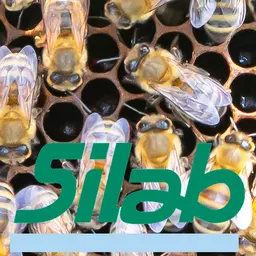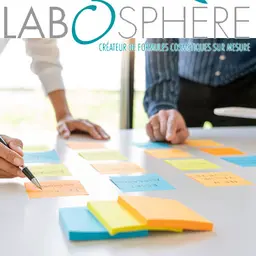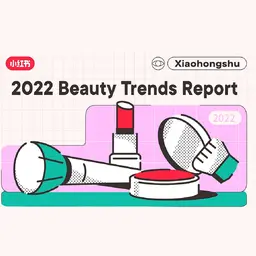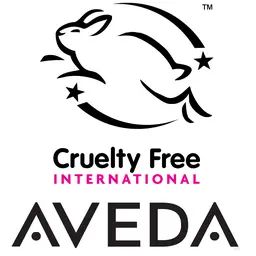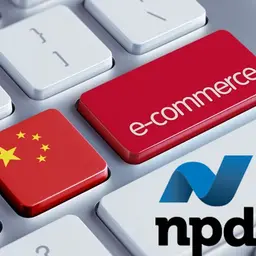
You have all probably followed the emergence of what is called Slow Cosmetics. If you have liked this concept, you are also likely to be interested in a new trend, Clean Beauty. Both are greatly inspired from what is going on in the food industry, and it would be presumptuous not to pay them attention.
As a reminder, the Slow Cosmetics trend is presented as an environmentally friendly, ethical approach based on a common will to promote a natural, healthy, and reasonable way to consume cosmetics. According to one of those that introduce themselves as the founders of this movement, ‘The environmental and psychological impact of current cosmetics is very heavy for our planet, our wallets, and our state of mind. In view of these observations, some think it is possible to use cosmetics differently.’
Let’s be serious: traditional cosmetics are not very likely to change the fate of the world. Still, we should deal with this point. If the statements, ‘Cosmetics must not create new needs for the skin’, and ‘It is essential to limit the number of products and gestures necessary to maintain our skin in good health to avoid marketing traps,’ are not false, they certainly do not sum up what traditional cosmetics are. Indeed, the Slow Cosmetics movement is claimed to be based on a chartered approach, with a logo, which makes it a sort of organic cosmetics clone, and which certain people mainly present as a ‘marketing’ approach.
As for Clean Beauty, it is inspired from ‘Clean Eating’. This movement campaigns for a diet devoid of any ‘toxic’ or ‘synthetic’ substances. Clean Beauty uses the same themes. In the presentation of this philosophy, it is explained the idea is to ‘build up a modern beauty approach that is accessible and not toxic. The founders believe everyone can be entitled to take control of what they put on their skins.’ Once again, let’s be serious: how can we imagine consumers can have acquired all the elements of an activity based on strong know-how and peppered with traps? In addition, this old opposition between natural and synthetic ingredients is just no longer relevant.
In one of his latest books, Michel Serres tells about the advent of a new human being born with the boom of new technologies: the girl ‘Tom Thumb’, a child of the Internet and mobile phones. It is an allusion to the intensive use of thumbs to communicate via text messages. The advent of Tom Thumb questioned the authority and the relationship with knowledge. Traditional authorities have the feeling they have lost their credibility when Tom Thumb held a piece of the world between her thumbs. Then, Michel Serres exposes his theory: the Internet allegedly creates a ‘presumption of competence’, which refers to the mere fact that a person who teaches, manages, or even governs, must be more competent than the person he or she teaches, manages, or governs. Doctors used to be able to assume patients who came to see them ignored everything of the disease they suffered from. Today, before going to the doctor’s, people search the web for information on their symptoms, to try and make a diagnosis themselves. Doctors have lost their authority with the presumption of competence of their patients, who now suggest what they should do. Is that true? There are many fields for which this axiom proves false. However, after having long imposed their way of seeing and doing things with more or less sophisticated classification systems, more or less refined beauty routines, and a vast number of more or less complex products, brands are now in the same situation as doctors, as they have lost their competence and those that make products themselves have got a presumption of competence.
If we transpose these ideas to our field of competence (as limited as it can be, as far as I’m concerned), the issue would not be to know whether such or such approach is more efficient than another. Opposing slow, organic, clean, and other micro-positionings in cosmetics has no other purpose than creating artificial competition. The real objective is now to make this field of activity globally advance together, so that we can deal with new challenges. I am part of those that think that by making a synthesis between consumers’ creativity and brands’ and labs’ know-how, we are more likely to make new concepts emerge, rather than oppose craftsmanship and industrialization. In my poor sick head, that is what I call cosmetics ‘for yourself’, rather than ‘by yourself’ (see our note on this issue ). Few people have adopted this approach so far, except for a few emerging brands that have developed co-creation processes close to this theory.
Let’s follow and encourage them.
Jean Claude Le Joliff

